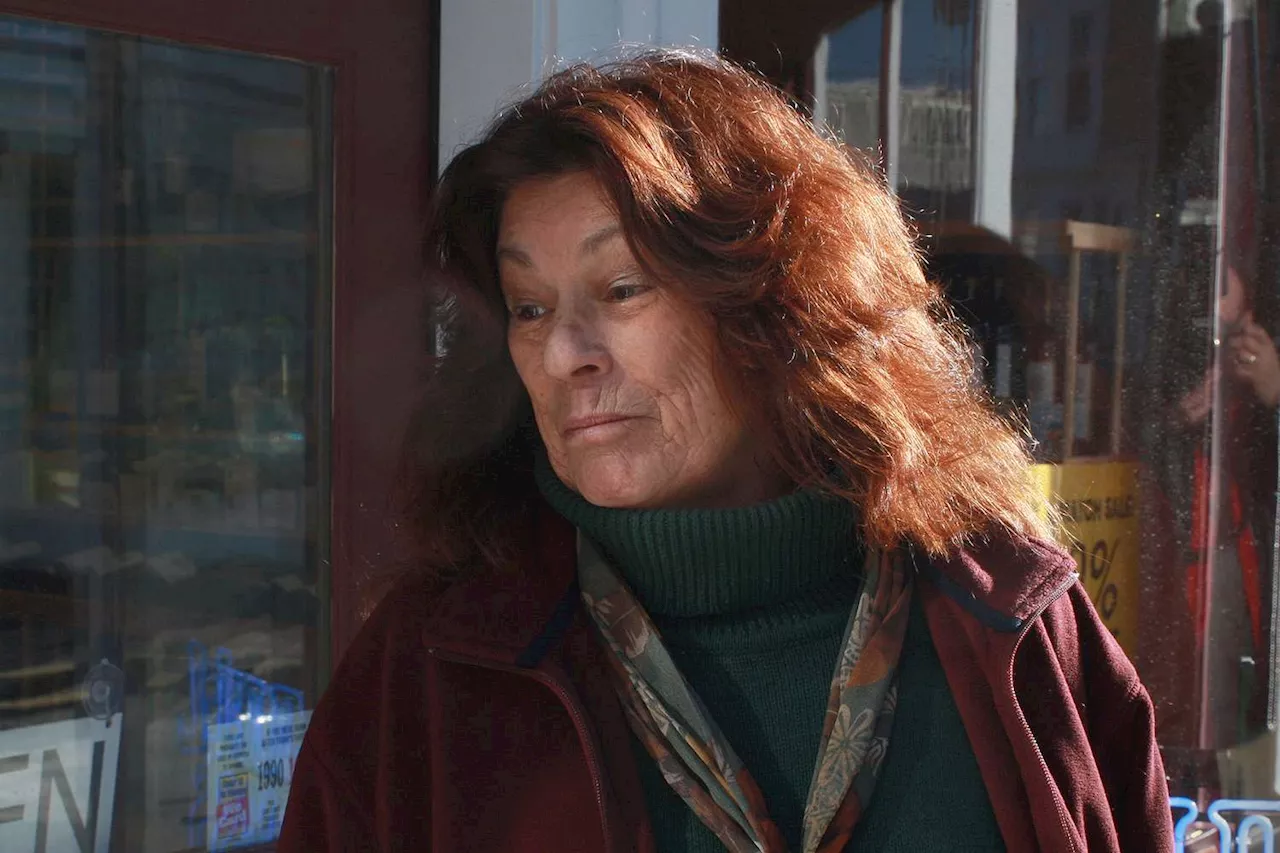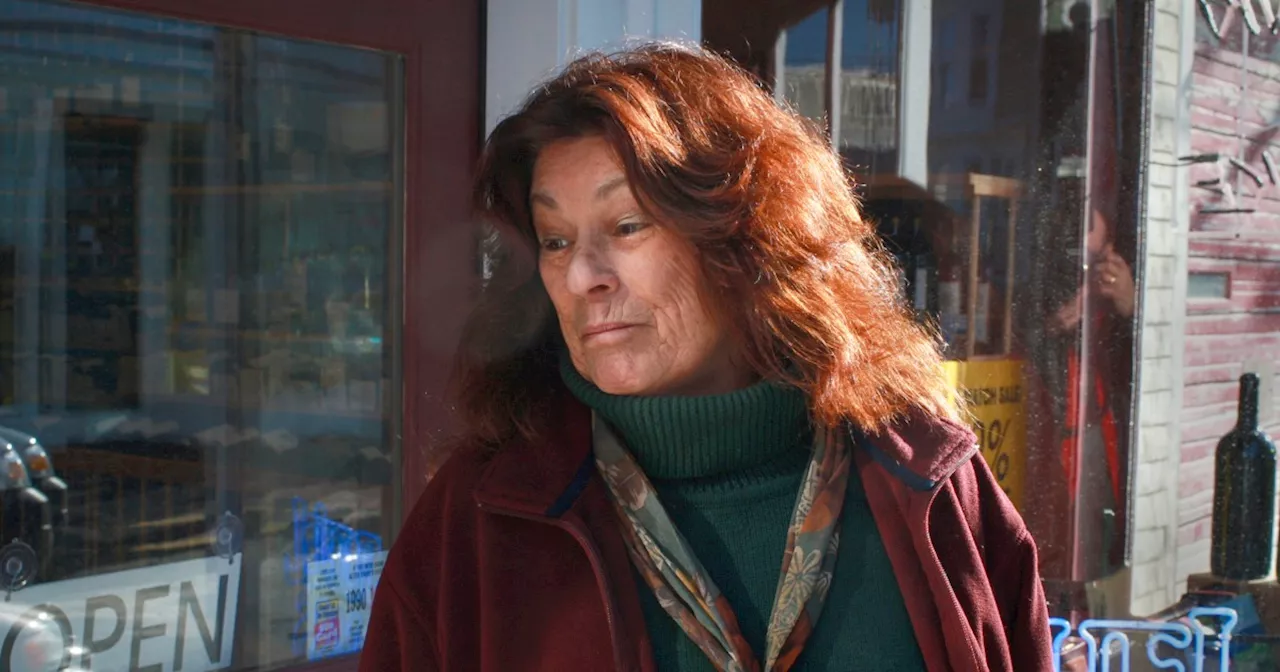This poignant story explores the evolving emotional landscape of Alice, a woman grappling with declining health and a lifelong struggle with recognizing the truth about her youngest daughter's abuse.
The day before, Alice had been waiting outside a bank while Jenny, her second of three daughters, took care of business inside. Alice wrote, “My daughter does all that sort of thing now. I’m sort of frightened by it.” A man she knew vaguely from high school, in Wingham, a rural town in Ontario, came out of the bank and recognized her. Alice asked after his two sisters, who turned out to be dead. “Me the only bugger left on the planet,” the man said, nodding.
His words seemed to release something in Alice, and she tried to build a story around the conversation. But after several beginnings she doubted herself: “Why, I don’t know—I mean why write. Even my pen seems unwilling.” She crumpled up the pages. Later, Jenny picked them out of the trash. Jenny always made sure that her mother had pens and spiral-bound notebooks beside her chair, but eventually Alice became too impaired to use them. As she lost her abilities, Jenny noticed a change. “Something happened where she was full of love and understanding, and people felt better after being with her,” she told me. In the Munro family, the word “earnest” had been used as an insult. Once, in a letter, Alice thanked Jenny for her “loving kindness,” and then, as if embarrassed, drew an arrow pointing toward the phrase and added the words “blah blah blah.” In her illness, though, Alice seemed to access her emotions more freely, a shift that Jenny attributed, in part, to the fact that she wasn’t writing. “She wasn’t putting every difficulty in her life through that machine that turned things into gold,” Jenny said. For years, Jenny had been trying to talk with her mother about something that had been put through the machine repeatedly: the sexual abuse of Alice’s youngest daughter, Andrea, by Gerry, and Alice’s refusal to see the harm that it had done. “She loves and protects the most destructive person of my life,” Andrea had written years earlier
HEALTH ISSUES FAMILY RELATIONSHIPS CHILD ABUSE TRUTH EMOTIONAL TURMOIL
United States Latest News, United States Headlines
Similar News:You can also read news stories similar to this one that we have collected from other news sources.
 Alice Brock, Who Helped Inspire Arlo Guthrie's Classic 'Alice's Restaurant,' Dies at 83Alice Brock, the Massachusetts restaurant owner and artist who inspired folk artist Arlo Guthrie's 'Alice's Restaurant Massacree,' died at 83 on Nov. 20 in Provincetown, Massachusetts, as Guthrie announced on Facebook.
Alice Brock, Who Helped Inspire Arlo Guthrie's Classic 'Alice's Restaurant,' Dies at 83Alice Brock, the Massachusetts restaurant owner and artist who inspired folk artist Arlo Guthrie's 'Alice's Restaurant Massacree,' died at 83 on Nov. 20 in Provincetown, Massachusetts, as Guthrie announced on Facebook.
Read more »
 Alice Brock, who helped inspire Arlo Guthrie’s classic ‘Alice’s Restaurant,’ dies at 83The Associated Press
Alice Brock, who helped inspire Arlo Guthrie’s classic ‘Alice’s Restaurant,’ dies at 83The Associated Press
Read more »
 Alice Brock, Who Helped Inspire Arlo Guthrie’s ‘Alice’s Restaurant,’ Dies at 83Alice Brock, whose eatery helped inspire Arlo Guthrie’s deadpan Thanksgiving standard, “Alice’s Restaurant Massacree,” has died at age 83.
Alice Brock, Who Helped Inspire Arlo Guthrie’s ‘Alice’s Restaurant,’ Dies at 83Alice Brock, whose eatery helped inspire Arlo Guthrie’s deadpan Thanksgiving standard, “Alice’s Restaurant Massacree,” has died at age 83.
Read more »
 Alice Brock, Who Helped Inspire Arlo Guthrie’s Classic Song “Alice’s Restaurant,” Dies at 83'Alice’s Restaurant' also was the title of his million-selling debut album and the basis of a movie and cookbook of the same name.
Alice Brock, Who Helped Inspire Arlo Guthrie’s Classic Song “Alice’s Restaurant,” Dies at 83'Alice’s Restaurant' also was the title of his million-selling debut album and the basis of a movie and cookbook of the same name.
Read more »
 ‘Sink or swim’: Donald Trump unwilling to use any political capital to get Pete Hegseth confirmedThis is additional taxonomy that helps us with analytics
‘Sink or swim’: Donald Trump unwilling to use any political capital to get Pete Hegseth confirmedThis is additional taxonomy that helps us with analytics
Read more »
